By:
- Inga Kiderra
- Christine Clark
Published Date
By:
- Inga Kiderra
- Christine Clark
Share This:
Political Scientists React to Jan. 6 Attack on the Capitol
Rioters stormed the Capitol Building in Washington D.C. on Jan. 6, 2021, when a joint session of Congress gathered to record the Electoral College votes in the 2020 U.S. presidential election. For the first time in U.S. history, these electoral proceedings, which are normally routine and border on boring, were violently disrupted and had deadly consequences.
Congress returned to the chamber that same night to finish validating the votes, and a new president will be inaugurated on Jan. 20, but that day and the days since have shaken the nation and its citizens. Many are grappling with questions and concerns: What does this mean for American democracy? Where do we go from here?
It will be some time before all the details of what happened, how and why are fully understood. It will be even longer before we can appreciate the long-term and potentially profound fallout of the day. In the meantime, we asked some UC San Diego political scientists to weigh in with their impressions and responses. These faculty members study these matters closely, yet they are all still digesting the news, too. These are their initial thoughts.
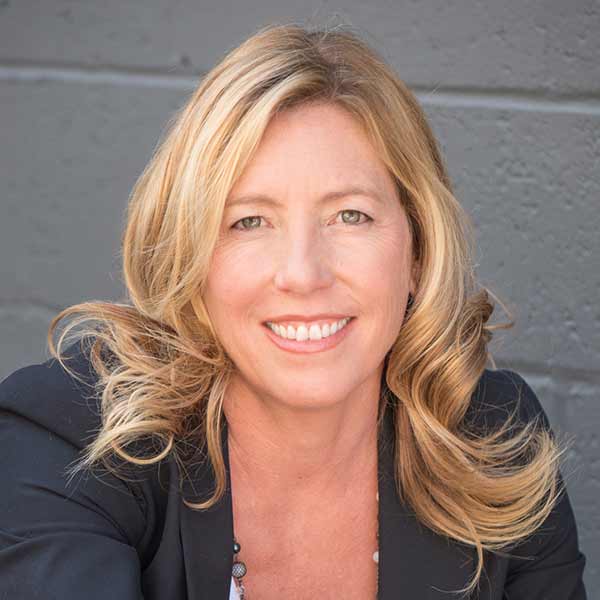
Barbara F. Walter, professor of political science, School of Global Policy and Strategy
“The U.S. is now considered a partial democracy, in the same category as countries like Ecuador, Somalia and Haiti. What happened on Jan. 6 dropped the U.S. even further down on the democracy scale. Most Americans cannot imagine a second civil war here because they are thinking about the first one. They are thinking about Gettysburg, and big battles with two big, large conventional armies, one in blue uniforms and one in gray uniforms. And that is just not the way it is going to happen. As I document in my forthcoming book, the recent rise of militias and right-wing extremist groups act as accelerants for a potential second civil war. What we could see, on our current trajectory, will be more like a siege of terror—what we saw happening in Northern Ireland or in Israel, where people learn to live with a fairly consistent stream of terrorist attacks. Strengthening our democratic institutions is one way to prevent this.”
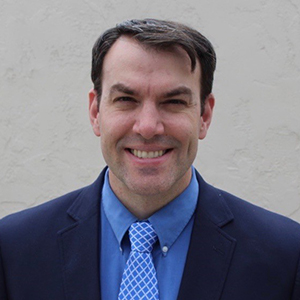
Daniel Butler, professor, Department of Political Science, Division of Social Sciences
“The large number of Republican members of Congress who voted to object to the Electoral College vote was a tangible and disappointing reminder of the power that primary election voters hold in American democracy. In our recent book “Rejecting Compromise,” my coauthors and I document how legislators fear punishment from primary voters more than punishment from general election voters. This fear leads legislators on both sides of the aisle to reject many reasonable proposals and policies. If the Republican voters who are turned off by Trump opt out of future party primary elections, the voters who remain will incentivize their representatives to act in even more Trumpian ways. I worry that Trump will continue to influence American democracy in negative ways by riling up his audience, who in turn will demand that their representatives bend to Trump’s position or risk losing their next primary election.”
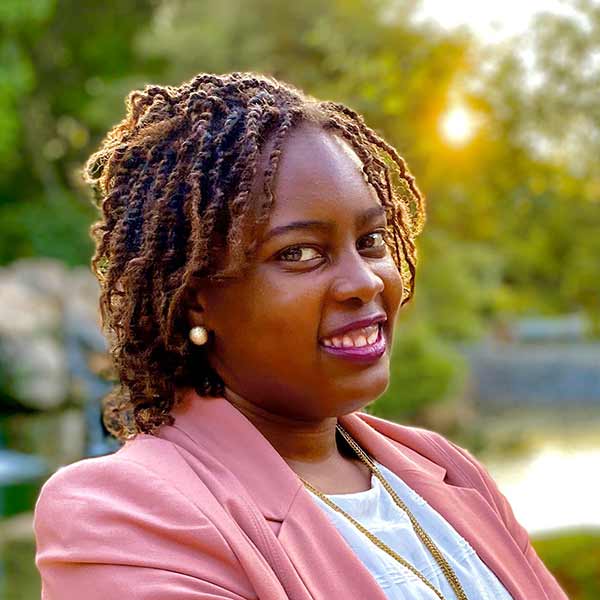
LaGina Gause, assistant professor, Department of Political Science, Division of Social Sciences
“There are two ways to think about what’s been happening to U.S. politics in general, over the past few elections, and what happened at the Capitol on Jan. 6. We’re at a moment in our history when more people than ever before are participating in politics. That’s the bright side and a sign of a healthy democracy, a more participatory democracy. But it is also the case that with greater participation, as more people seek representation, we’ve also seen a rise in conflict and a rise in extremism. What happened at the Capitol crossed the line from voicing concerns to engaging in illegal activities, and that is not healthy for our democracy. How we deal with the behavior of elites who encouraged illegal behavior and law enforcement who may have enabled it is going to be really important in the coming weeks and months. There needs to be a strong condemnation of, and consequences for, not only for those who participated in the violence but also those who incited it.”
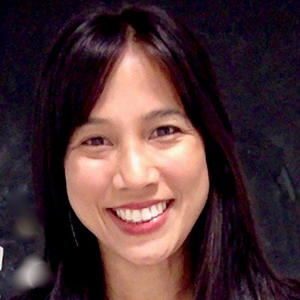
Marisa A. Abrajano, professor, Department of Political Science, Division of Social Sciences
“The events last week once again highlight the political contradictions and biases that exist in our nation. Namely, the costs of civic engagement and non-electoral participation are much higher for some individuals in the United States than they are for others. It was impossible to ignore how law enforcement officials reacted differently to the violent mob on Jan. 6 versus the peaceful protests that took place last summer. At the end of the day, it is impossible to deny how the color of your skin continues to dictate how one gets treated in this country. This stark contrast is a reminder of the deep racial divisions that continue to exist in the United States, and the way that white privilege and white supremacy continue to pose a significant challenge for our country. Without efforts to dismantle this structure, our government will be a representative democracy only in name, but not in practice.”
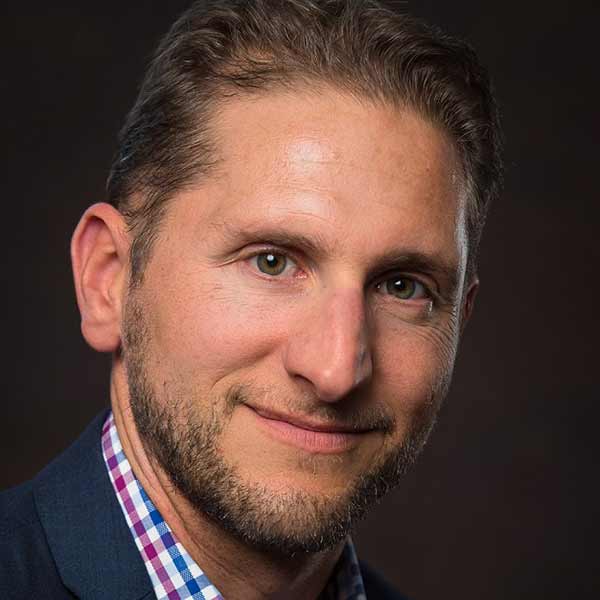
Thad Kousser, professor and department chair, Department of Political Science, Division of Social Sciences
“We’ve used the term ‘unprecedented’ far too often over the past several years to describe the descent of American politics. Like it or not, some of what we have witnessed in the last decade, and especially the past four years, does have antecedent in our nation’s history. But it is no way hyperbolic to use that term to describe the Jan. 6, 2021 attack on the Capitol. We have seen hundreds of marches in Washington over our history, some of which have turned violent; none have targeted the central institution of our democracy and breeched its walls in order to stop Congress from affirming the vote of the people. Terribly, there have been deadly attacks in this building before, but they have come from lone assailants, a small group of terrorists, or a foreign power; never before has a large mob of Americans used deadly force to overtake and desecrate the halls of ‘the People’s House.’ Past presidents have made base appeals and flawed arguments, but with this president’s incitement to violently obstruct a central operation of democracy, his historical legacy will be one of ignominy. This day was absolutely unprecedented. We must work to make sure it will never be repeated.”
To hear more from some of these faculty members, you can register for the “Election 2020: What Now, What Next?” Zoom webinar or you can just tune in to the YouTube livestream on Jan. 14, beginning at 4 p.m. If you’re unable to participate in the event in real time, a video will also be archived on UC San Diego’s Free Expression website.
You can also read the statements on the events of Jan. 6 by UC San Diego Chancellor Pradeep K. Khosla and University of California President Michael Drake.
Share This:
Stay in the Know
Keep up with all the latest from UC San Diego. Subscribe to the newsletter today.



